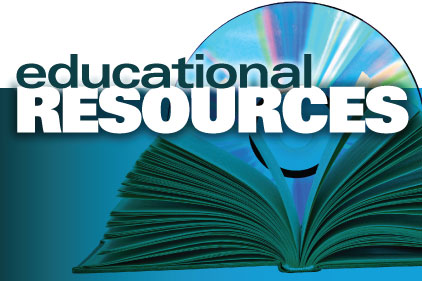 IPIECA, The global oil and gas industry association for environmental and social issues, has produced new guidance on waste management for petroleum refinery operations.
IPIECA, The global oil and gas industry association for environmental and social issues, has produced new guidance on waste management for petroleum refinery operations.
“Optimized, effective waste management is integral to petroleum refinery operations,” according to IPIECA. “It helps minimize risk to both people and the environment, enhances resource utilization, and reduces costs.”
The document is intended to provide a comprehensive and practical guide to refinery waste management, detailing waste types, waste characterization, and key management processes and technologies.
The IPIECA says the Good Practice guide is “mainly designed to offer help to countries with less or no regulatory oversight or guidance in managing refinery waste and also to improve the existing waste management processes of refineries.”
Topics in the guide include: Waste management systems; Sources of waste; Maintenance and operational waste; Commercial waste; Medical waste; Waste minimization; General practices and housekeeping; Waste documentation; Storage, treatment and disposal; Crude oil desalting; Catalytic cracking; Solvent extraction; Lube oil processing; Lead alkyl storage; Hydrogen production and more.








